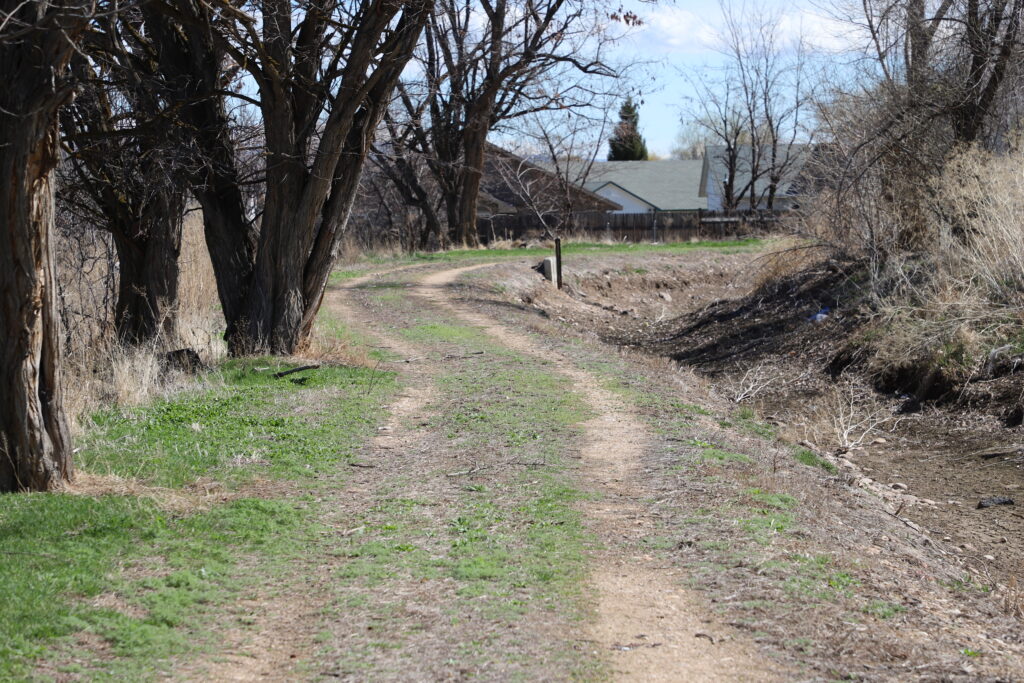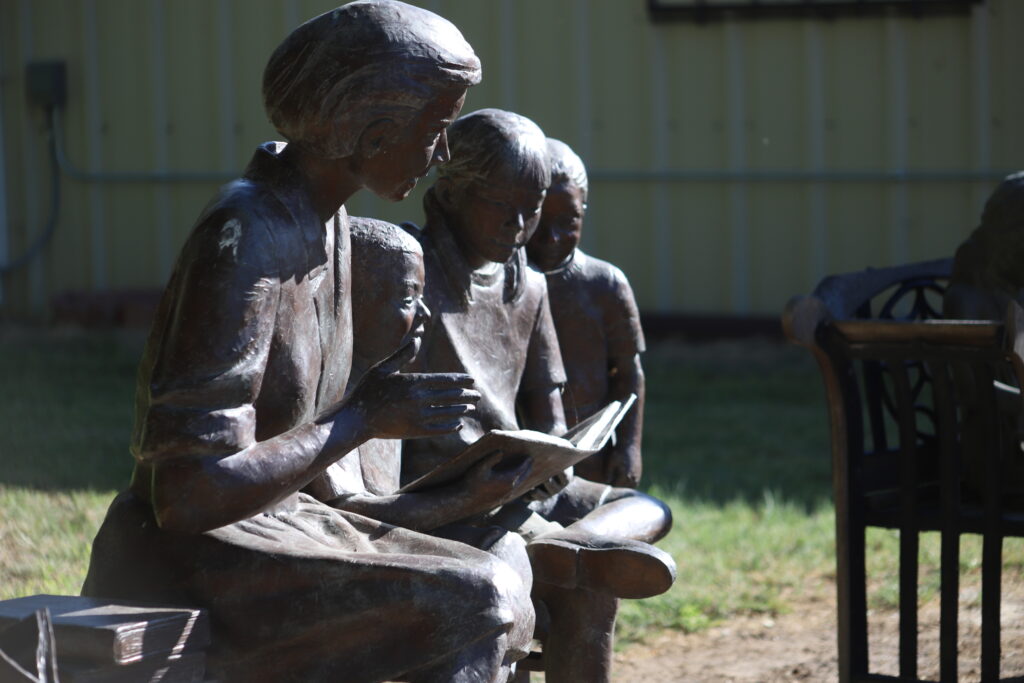
Whether you are shy or you just don’t know how to go about asking your partner easy or challenging questions, asking someone questions can be difficult even under the best situations. This is best illustrated by how people will so often ask another person a question by first asking “may I ask you a question?”. Starting a conversation with such a premise usually means that a loaded question is coming. Knowing which questions are of significance and which are of little or no impact on your relation (or even detrimental) can be difficult to know.
There are so many reasons why one can be so hesitant to ask questions. Various reasons include being told that their question was a “stupid” question or that this question is no concern of yours or none of your business. Many adults were strongly discouraged as children from asking their parents questions. Sometimes, the manner in which a question is asked is not well received.

These questions are intended to make asking them as benign as possible.
All the questions are meant to be asked with one major condition; there should no ill-will regarding any questions that your partner is not in a position to or are not willing or desiring to answer immediately. Not being able to give an answer right away is not to be taken as a red flag. What one person feels to be a simple question may not be so simple for their partner.
If you think that a particular question will be difficult for your partner to answer, then it may be best to write this question down and send it to your partner in written form. This will give them the time and space to consider the question at their own pace.
These questions are not meant to be trick questions. If a question is listed that has been a sensitive area for your partner, this exercise is not meant to be a “back door” way to bring the topic up for your own selfish reasons.
The questions in this exercise are essential divided up into the following categories:
What is your…?
Do you know your partner’s…?
What’s your favorite…?
What are your feelings or opinion about…?
Which one do you enjoy more, A, B, both or neither?
Have you ever….?
These questions are intended to make asking them as benign as possible to ask as well as to answer them. They are meant to be a way of helping you better get to know and understand each other in an unimposing manner. In fact, if you and your partner are not having fun going over these questions, then this exercise may not be appropriate for you.

How to Make This Exercise Useful
Ways to make this exercise as useful as possible may include doing any of the following:
- Understand from the beginning that these questions are intended to help build your relationship with your partner and better understand yourself.
- Ask each question in the manner in which you would want to be asked the question.
- Think about a question before asking it.
- Work on the questions with your partner. Try to find out how many questions you already know the answers to.
- Do not spend too much time on any single section or question, unless that section or those questions are of particular importance to your relationship. If one of you feel that a particular section or set of questions deserve more attention than others, please make sure that your partner is fully aware of this. Make it a point to treat these sections and questions with close attention. Please do not use any particular section or set of questions in a clandestine manner to sabotage your relationship.
- If there is a section that you find particularly interesting, then feel free to start with that section.
- If you find a section particularly difficult or sensitive, then deal with those questions gingerly, giving yourselves more time and attention to those questions. If needed, please involve a third party to aid in tackling such questions (such as a pastor, counselor, licensed clinical social worker, therapist, your primary care provider/doctor or any mutual parties that you both trust and respect enough to appreciate their opinion and advice).
- If you complete a section and feel that you have more questions that you think should have been on the list, please let us know and we will certainly consider them for making the list.
- If there is a question or questions that you are not able to answer immediately, make a note of such and if needed, make a date on your calendar for a week or so to give yourselves time to consider your answers. Do not totally ignore the question by failing to come back and address the questions if you do not have an answer immediately.
- Please remember that this list is neither all inclusive nor is it an exclusive list. Thus, it is meant to help you come up with questions that you feel are important to you and your partner/relationship.
One of the other purposes of this exercise is to learn of traditions, practices, rituals, ceremonies or other events that took place in your earlier lives and to learn how those events will be continued or celebrated in your relationship or with your children (should you choose to have children). These events can be as simple as how birthdays are celebrated (if at all) to the celebration of tradition or religious holidays, vacations, life milestones or family reunions and get-togethers. While some of these events may be important to one partner, the same events may not even register on your partner’s to-do list. Knowing where important such events will fit into your lives will help foster stronger relationships and aid in building communication skills.
You and your partner should be fully aware that opening yourself to even the simplest of questions requires a significant degree of vulnerability. How questions are asked, the tone in which they are asked and the intent behind each question totally affects how straightforward a person will be in responding to any question. Asking questions should not be an interrogation. It should be a joy, a pleasure, something that you and your partner look forward to each and every day.

Possible Downsides
Up until now, this whole exercise has been presented in the most positive light. Thus, one may ask what the downside is to this exercise. The truth is, there really isn’t a downside other than not learning something about yourself or your partner that would have significantly impacted the relationship. The creator of this exercise learned two very important things that led to the development of this project. The first was the question “is it better to learn something very important that would significantly impact your relationship early on in the relationship or later on, after being totally vested in the relationship?”. The second question is what was deemed to be the million dollar relationship question…if you withheld significant information about yourself from your partner that you thought might have been a deal breaker early in the relationship, what would make you think that finding out later would not still make it a deal breaker? These two questions led to the third question, which was if it is in the best interest to knowingly be clandestine about your relationship with your partner or if it is the best policy to enter into a relationship with obviously ulterior motives in the first place. So often, especially when in the throes of youth, these considerations are the furthest thing from one’s mind. Yet because of this obvious neglect, so many relationships are doomed even before they are started.

Possible Unpleasant Outcomes
After going through a sufficient number of these questions, you and your partner may discover that you have little in common or that your goals in your respective lives are going in totally non-supportive directions. If this is the case, then it is likely better that you make an informed decision about your relationship early in the process and make a decision earlier rather than making an emotionally charged, knee-jerk reactive decision later on. If you are both aware of such divergences in your relationship and are willing to go on with full knowledge of this, then power to both of you. But it is this exercise’s premise that one of the most gut-wrenching facts that one can learn in a relationship is that you didn’t learn something significant about your partner, something that is or was very important to you, that would have directly impacted the relationship, solely because you failed to ask the important questions.

Harness the Power of Knowledge
If for no other reason, this exercise was created for people to review the extensive list of questions and each individual section in order to determine which questions are of the most significance to them personally. To find out which issues are a must, which are nothing more than preferences or likes and which issues are certainly deal breakers. Very few people go into relationships thinking about deal breakers at the start of the relationship. Yet, if there truly are deal breaker scenarios that, no matter what, will result in the termination of the relationship, then it is this exercise’s premise that this be very clear to both parties as early as possible in the relationship. While there may be some difficulty in proposing such questions to your partner, the truth is that if your partner’s status, behavior, beliefs, preferences or desires are most certainly cemented in the deal breaker category, then you need to ask yourself when would you rather know about it, earlier or later in the relationship? Difficult decisions made early in a relationship rarely result in disastrous consequences later on. Therefore, while finding out the answers to difficult questions may result in the termination of a relationship, please know that the resolution of the relationship is not the fault of the question in and of itself. The negative scenarios seen early on in the relationship, the characteristics that may be questionable, the history of questionable behaviors, the documented records of actions and activities that are not in alignment with your standards or beliefs deserve to be questioned or brought up in your relationship. These questions, though difficult as some may be, are intended to point out such issues in an objective manner. It is also important to clearly and insightfully understand the answers that one is being given. This must be received without blinders on and the answers need to be assessed with the least amount of emotion as possible (though this will be most difficult at best).
While emotions may change, truthfully given answers, bad history and bad behavior rarely change. Trust what your partner is showing you and what your partner is telling you and make sure that the two are in congruence with each other. If the answers do not match the actions, take this as a red flag. If your partner is not being straightforward in approaching a topic or question, take this as a flag. It may be a caution flag or it may be a red flag. These are the questions that can make or break a relationship. As appropriate and as necessary, please seek help in getting answers to questionable areas of your relationship, whether it is from inquiries based on these questions or based on any other questions that you may have regarding your relationship that you may have discovered on your own. Seek help. Get the answers that you rightfully deserve.

Just Ask!
You may not know what questions to ask and this list is far from being a totally inclusive list of questions for you to ask. You may not know where to start asking questions. This list is nothing more than a launching pad of questions. You may not know which questions are of significance and which are of less importance. That is a task for you and your partner to decide as you review each of the sections and questions. There are some questions that are more relevant to you than to your partner and vice versa. The most important thing to do is to ASK! Take that leap of faith and ask yourself and your partner questions. Dare to get to know each other through asking questions.
